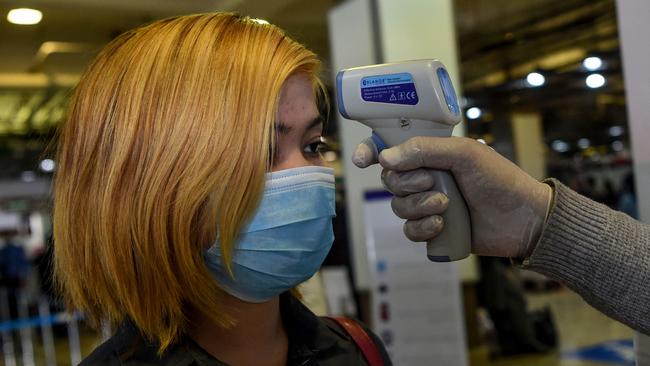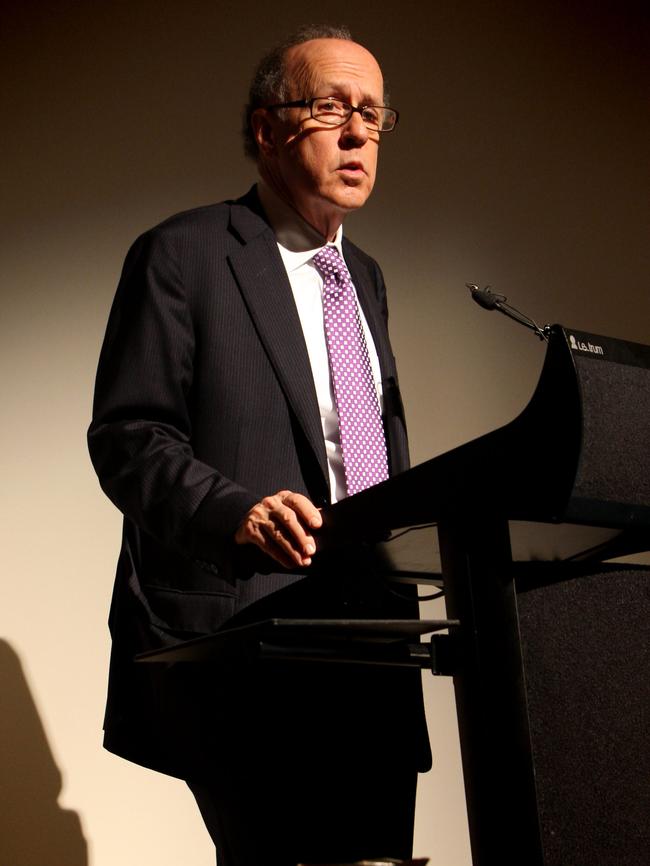
China is the world’s second largest economy. The majority of China’s growth hubs have delayed the resumption of business by at least a week.
According to the weekend news reports at least 21 provinces, municipalities and other regions in China have told businesses not to resume work before February 10 at the earliest. And those provinces appear to encompass around 80 per cent of China’s GDP, and 90 per cent of exports. No one knows how long the coronavirus outbreak crisis will last. Maybe by February 10 it will be under control, but more likely it will take a lot longer. Most of Australia’s exports go to the shutdown provinces.
The investors who dumped the Australian dollar last week knew Australia would be hard hit. And that sense of apprehension last week spread into those areas of real estate where there is strong Chinese buying, such as in Sydney apartments. Buyers were more tentative. It was a sign that any big extended falls in sharemarkets spread to property, although it takes time.
Its first rescue moves will see China’s central bank pump 1.2 trillion yuan ($US174 billion) into financial markets as part of an effort by regulators to mitigate volatility. That first step is to cover the fact that about 1 trillion yuan ($US150 billion) worth of “reverse repos” are set to mature on Monday morning, which would have involved banks and other institutions buying back securities they had earlier sold to gain liquidity.
Some reports indicate the government will support the sharemarket. If the world believes the Chinese are propping their sharemarket there will be an unprecedented wave of selling. They are better to let the market find a level, but any sharp fall in share prices will have severe economic consequences, so the inclination of centrally-controlled governments is to try to stop it happening.
Meanwhile, the cash injection part of the rescue is only one of 30 measures announced by authorities to reduce the impact of the coronavirus outbreak.
Wall Street wake-up
Last week investors dumped US bonds and the Australian dollar. But the sharemarkets in the US and Australia did not understand the dangers facing China and the world.
Over the weekend Wall Street woke up and, of course Australia now follows.
One of the triggers for the Wall Street “wake up” was a special bulletin from one of the world’s best Asia market analysts, former Morgan Stanley Asia chief and now Yale professor Stephen Roach. He explained at the weekend that the coronavirus outbreak could be more serious than SARS. Some 17 years ago SARS hit the Chinese economy most acutely in the second and third quarters, knocking about 2 percentage points off nominal GDP growth, taking it from 13.4 per cent in the second quarter of 2003 to 11.5 per cent in the third quarter.
But the Chinese economy is now growing far more slowly. Real GDP growth was only 6 per cent in the fourth quarter of 2019.

A “SARS style” 2 per cent growth reduction to around 4 per cent during the first quarter of 2020 would represent a fall of one third.
Roach says with China accounting for about 20 per cent of global GDP, such a fall in its growth could knock approximately 0.4 percentage points off annualised world GDP growth during the first and second quarters of 2020.
For a global economy that has already slowed into the danger zone (2.9 per cent world GDP growth in 2019 according to the IMF’s January update), the Wuhan coronavirus, together with its collateral impacts on neighbouring countries, could heighten financial market fears of a global recession which - in my view - would devastate sharemarkets.
Multinational companies including Ford, Apple, Siemens, Honda, Peugeot-Citroen, McDonald’s, and Disney are reporting a virtual cessation of activity in their Chinese subsidiaries. There are likely to be further downward pressures on the already weakened global manufacturing, retail, entertainment, and travel sectors. Moreover, with China playing a key role at the centre of many global supply chains, collateral damage on the industrial activity in global economies is likely to be significant—from East Asia to Latin America to Europe.
A weaker position
In the SARS disruption in 2003, once the virus was brought under control there was a sharp post-virus rebound. This might happen in the second half of 2020 if a coronavirus cure is found. But with both China and the world on a far weaker footing than in 2003, Roach says there may be more downside risks to contend with in 2020.
At the weekend, Wall Street did not like the Roach message and that Wall Street sentiment will spread around the world.
In markets like the US and Australia, shares have been priced at very high levels on the basis of optimistic profit projections that will now not be achieved. And no one knows how long the China shutdown will last.




We are witnessing what looks like being one of the world’s largest economic rescue attempts. And it will need to be because the situation is serious.